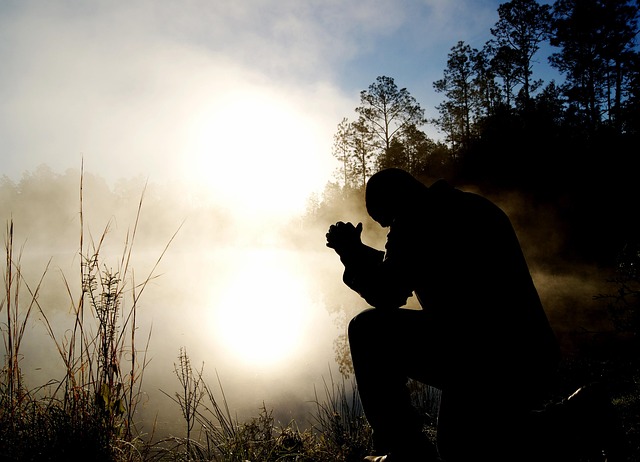In a world bustling with distractions and the cacophony of daily life, the dawn prayer emerges as a serene sanctuary, a sacred ritual that beckons practitioners to pause, reflect, and connect with their spirituality. Across various religious traditions, the dawn prayer holds a special place, symbolizing renewal, hope, and the promise of a new day.
For many, the dawn prayer serves as a melodic invitation to step away from the chaos of existence. The quietude of early morning amplifies the power of intention, allowing devotees to immerse themselves in their spirituality. In Islam, the Fajr prayer is not just a mandated act; it is imbued with profound significance. As the first light breaks over the horizon, believers gather in congregation or solitude, bowing in worship, breathing in the fresh essence of dawn. Each prayer becomes a personal conversation with the Divine, urging individuals to contemplate their purpose and express gratitude for the blessings unfolding in their lives.
Similarly, in Hinduism, the practice of Surya Namaskar, or Sun Salutation, at dawn aligns the body, mind, and spirit with the cosmos. As the sun rises, practitioners not only engage in physical movements but also offer their intentions to Surya, the Sun God, acknowledging the light of consciousness that dispels the darkness of ignorance. The dawn becomes a potent metaphor for enlightenment, and with each posture, individuals open themselves to divine energy and cosmic rhythms.
In Christianity, the dawn prayer resonates through the act of morning devotionals. Christians often engage in prayer and scripture reading at dawn, seeking solace and guidance at the start of a new day. The quiet intimacy of the early hours fosters a connection with the Holy Spirit, setting a tone of peace and mindfulness that reverberates throughout the day. This ritualistic approach encourages believers to carry their faith into everyday encounters, promoting compassion and understanding in a world that often lacks both.
The Jewish tradition also embraces the sacredness of dawn with the practice of Shacharit, the morning prayer. It is at this time that the Shema is recited, affirming one’s faith and the unity of God. The dawn prayer instills a sense of responsibility toward oneself and the community, reminding individuals that each day is an opportunity for renewal and commitment to their spiritual path.
Regardless of the religious context, the dawn prayer is a beautiful expression of devotion that transcends cultural boundaries. It invites individuals to cultivate mindfulness and embrace the moment with sincerity and reverence. Through the simplicity of a daily ritual, practitioners find a shared humanity in their experiences, fostering a sense of belonging and community.
The dawn prayer, in its many forms, serves as a reminder of the significance of intention and gratitude. It is a call to mindfulness, a juxtaposition of the sacred and the ordinary as dawn breaks into a new day. Embracing this ritual can usher in a profound transformation, enhancing one’s spiritual journey and encouraging a deeper connection with oneself and the divine. In an era of noise and haste, the quietude of the dawn prayer offers a necessary balm for weary souls, urging us to rise with purpose and grace.




